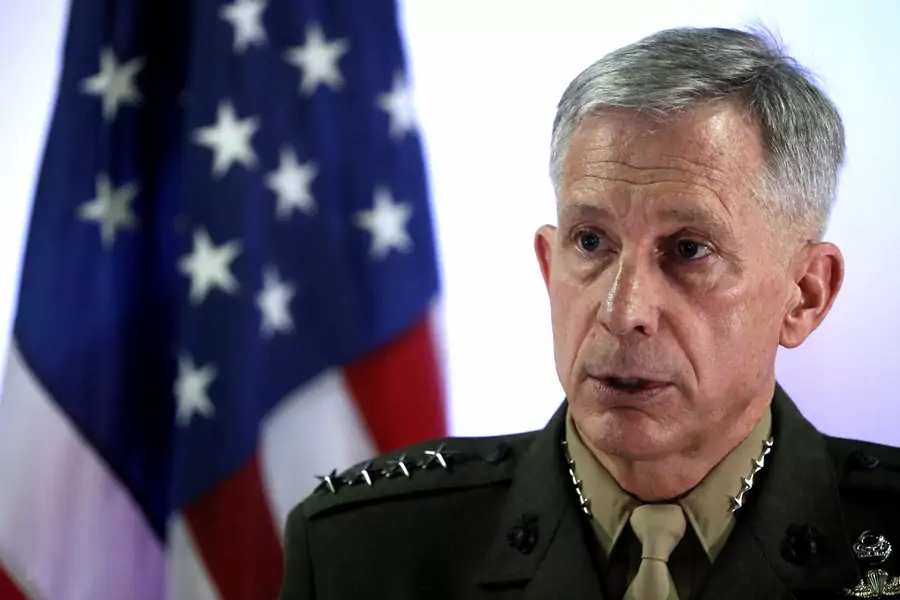America's Dilemma in Cameroon: Supporting an Abusive Military

President Paul Biya, the authoritarian leader of Cameroon, has kept in office for thirty-six years through rigged elections and repression of actual or potential opposition, including the country’s English-speaking regions. (Cameroon is primarily Francophone and has a long and close relationship with France.) His government is largely unaccountable to its people—though his power is likely checked by the security services—and he has amassed a personal fortune of $200 million.
Biya now faces two major security threats. In the southwest, where the Anglophone minority predominates, there is an insurrection in response to decades of repression and marginalization by Biya’s government. His security forces are responding with exceptional brutality, which has at times been matched by separatist rebels. The Far North Region of Cameroon, predominately Muslim, is also disaffected from Biya’s ostensibly Christian regime. Boko Haram is active there, especially after being driven from much of the territory they once held in Nigeria. Operatives of the Islamist militant group move easily throughout the Lake Chad Basin, crossing the artificial borders of Chad, Cameroon, Nigeria, and Niger, which were drawn by the British, French, and Germans. (Cameroon was the German colony of Kamerun; after World War I, it was then divided between Britain and France.) In the fight against Boko Haram in the north, Biya’s security forces are credibly accused of extensive human rights violations.
More on:
Specifically, there are two horrific videos that have circulated on social media apparently showing Cameroonian forces executing civilians, one of two women and two small children, the other of twelve civilians. The Cameroonian government has since arrested seven Cameroonian soldiers and claims that an investigation is underway.
According to the Voice of America, the U.S. Department of Defense has three hundred personnel in Cameroon providing military training and teaching on human rights and the laws governing armed conflict. The United States also funds a program to train forty military legal advisers to promote human rights and accountability in the security services.
A U.S. Department of Defense spokeswoman recently said that they are working with the Department of State to “ensure the government of Cameroon holds accountable any individuals found to be responsible” for human rights violations. Given the human rights track record of the Biya regime, it is unlikely that the Cameroonian investigation will actually result in significant change in the behavior of the security forces.
The regime and the Cameroonian security services are actively involved in the struggle against Boko Haram. The Departments of Defense and State apparently judge that it is in the interests of the United States that Cameroonian involvement continue and be strengthened. So, while the Department of Defense has issued a statement calling on Cameroon to conduct a full investigation into the human rights violations captured on the videos, it has not taken steps to terminate its military relationship.
America’s dilemma is how to balance U.S. security interests with human rights concerns. This is an old song. After all, the United States partnered with Stalin’s Soviet Union against Nazi Germany during World War II. On the other hand, the increased use of videos and the rise of social media means that human rights abuses are harder to ignore now than then. They are more visceral and reach more people than the dry accounts of Stalin’s atrocities circulating at the time. And governments respond to aroused voters. General Thomas Waldhauser of the U.S. Africa Command has said, “We want to have a strong military relationship with Cameroon, but their actions will go a long way toward how that will play out in the future with regards to the transparency on some of these allegations.” It is to be hoped that the Departments of State and Defense are more forthright with their Cameroonian partners behind closed doors.
More on:
 Online Store
Online Store